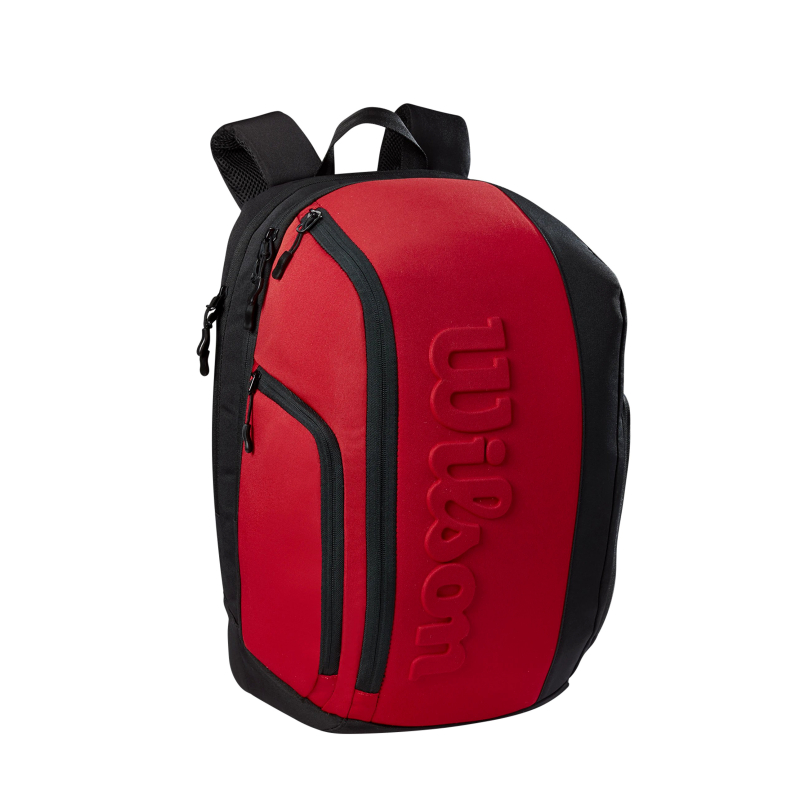Plastic Free July - Eco-conscious Shopping
Every July, people across the globe take part in “Plastic-Free July”. Since 2011, the international movement has aimed to reduce plastic waste in our environment. In 2021, 140 million eco-conscious individuals took part in this initiative by reducing their use of plastic items; opting for glass or paper containers when shopping, or by forgoing plastic altogether. Commendably a large number of our Favourite Brands have extended this commitment far beyond the month of July.
We explore our Eco-conscious shopping options
For many years Adidas has been a front runner in the race to achieve Carbon Neutrality. In 2021, more than 70% of the polyester in Adidas, products were made from recycled materials. With this goal in mind, every 9 out of 10 products will feature sustainable technology, design, and manufacturing. Masun Denison, Global Footwear Director at Adidas, tells us that sustainability is the biggest part of every collection line year on year. This year, at the 2022 Australian Open, Adidas partnered with the Great Barrier Reef Marine Park Authority to assemble a floating tennis court made with 100% recycled plastics. This plastic was provided by Parley for the Oceans, a non-profit environmental organization aimed at removing plastic from our oceans. Adidas aimed at highlighting the amount of waste making its way into the oceans – here at one of the seven wonders of the natural world, and on a global scale. Adidas’s 2022 Melbourne collection is entirely inspired by the Great Barrier Reef’s colours; striking coral reds seeping into deep and royal blues while still consisting of 100% recycled polyester and 50% Parley Ocean Plastic Yarn.

From Packaging to Products
The introduction of the new Wilson Clash Super Tour V2.0 Backpack and Racket bag has seen Wilson taking major strides towards reducing its carbon footprint. The backpack and racket bag use 100% recycled PET polyester. The Polyester shell alone is made with 10 and 21 PET recycled bottles respectively per bag. While at the same time Wilson has shifted over to an environmentally-friendly plastic-free tennis ball packaging with the New Wilson Triniti Ball and its prominent “A better ball for the planet” catchphrase.

Similarly, Yonex has reduced its usage of fossil-derived materials by switching to environmentally friendly, or recycled, packaging on their strings, accessories, and even rackets where possible. On its apparel side, Yonex has developed recycled polyester from bottles combined with agricultural (organically and sustainably grown) cotton as well as a new eucalyptus cotton fiber derived from eucalyptus trees. Not only this but Yonex has endeavored to simplify its packaging across all products and reduce any waste from packaging and containers. The 75th-anniversary ELITE collection saw Yonex release an entire clothing line made 100% with recycled or sustainably sourced materials and REPREVE recycled polyester.

Sporting giants pave the way
As part of Nike’s 30-year commitment to sustainability, Nike has used their industry stronghold to pave the way for recycled products by creating recycled PET courts and tracks across the globe. Nike used this same approach to incorporate recycled materials into the soles of their shoes as well. Nike has also sourced recycled Nylons, made from recycled fishing nets to incorporate into their zero movement products. Over 75% of all Nike apparel and shoes contain recycled material as seen in their Nike Court Advantage Dri Fit Tennis Polo, Nike Aerobill legacy caps, and Nike Brasilia duffle bag. Even one of our favourites, the Nike Rafa challenger T-shirt as worn by Rafa is made with 100% polyester fibers and the latest technologies to keep you cool on the court while keeping our oceans clean too.

Asics currently sports over 790 sustainable products across its product range. Thebrand uses recycled knit fabric blends across their Court Shorts, Court Tee, and Court Polo range of apparel. These items use the latest technology of material blends to ensure moisture control and the same level of quality you expect from Asics but with a much lower effect on the environment. Cellulose nanofiber (CNF) can be found in the soles of Asics shoes – this nano-sized ultra-fine fiber is derived from sustainable, abundant, and renewable plant biomass. Asics has also partnered with The Better Cotton Initiative to improve cotton farming globally.
Ultimately, just as when it comes to achieving greatness in any sport, the details may not be obvious in the end product, but leading sustainability isn’t only about crossing the finish line. It’s about all the unseen hours of training in-between. When we as suppliers and consumers support the global brands at the forefront of the movement for sustainable products, we ensure their continued commitment on a global scale.
Shop sustainably with these products

